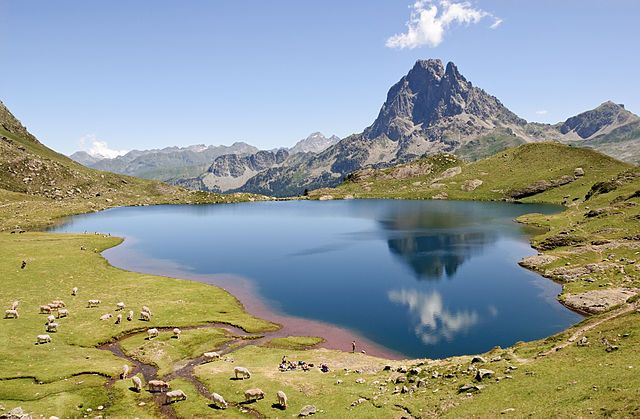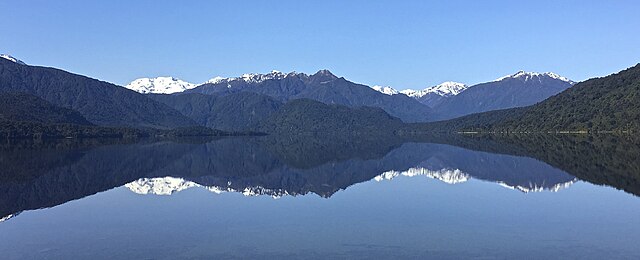Infinite photos and videos for every Wiki article ·
Find something interesting to watch in seconds
Celebrities
Largest Palaces
Great Cities
Best Campuses
Kings of France
Orders and Medals
World Banknotes
Wars and Battles
Presidents
Recovered Treasures
Wonders of Nature
Animals
Countries of the World
Ancient Marvels
Largest Empires
Richest US Counties
Tallest Buildings
Crown Jewels
Rare Coins
Sports
Famous Castles
British Monarchs
Great Artists
Great Museums
Supercars
History by Country
more top lists






